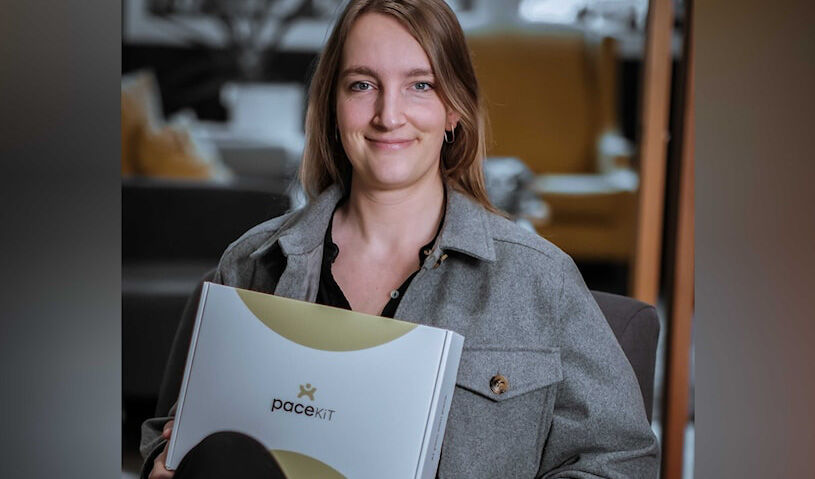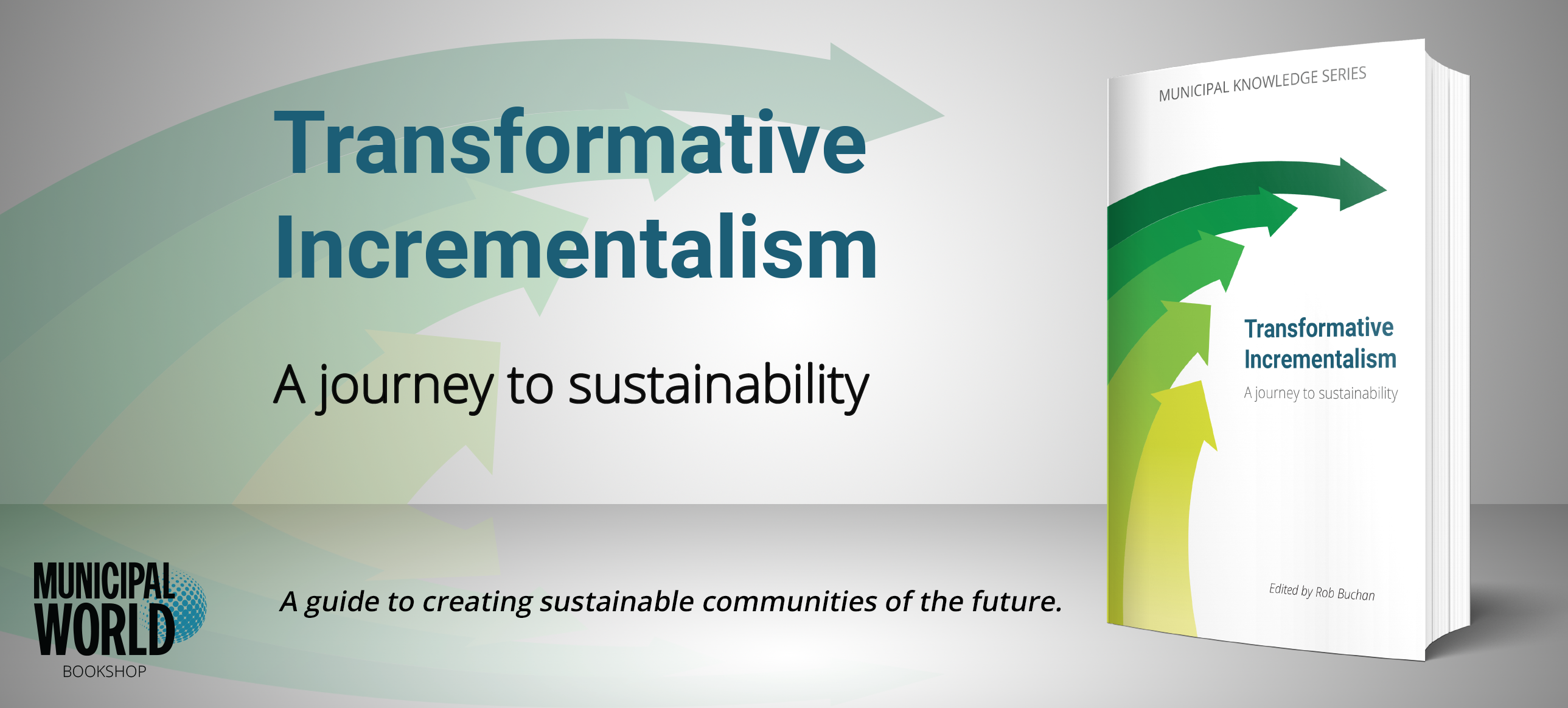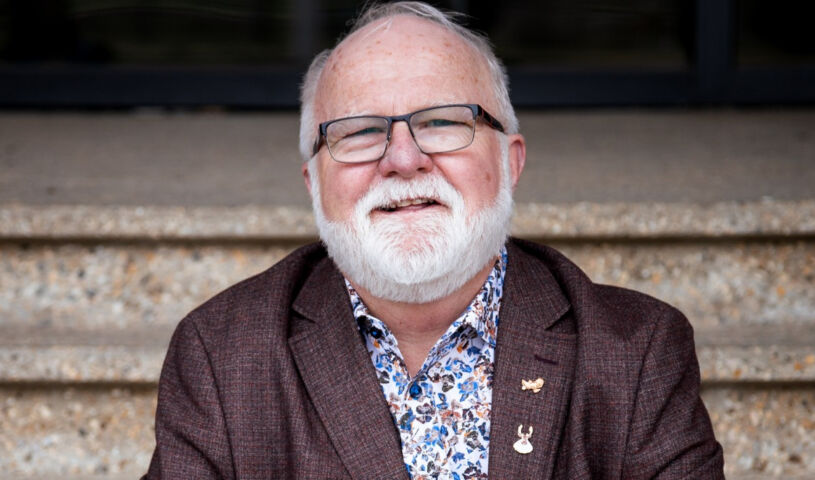Trail, B.C., initiative helps support sexual assault survivors
 Chloe Hunt, founder of Fourwords Solutions, designed the paceKit to provide sexual assault survivors with the privacy they need to collect vital evidence in the aftermath of an attack. Photo: Chloe Hunt
Chloe Hunt, founder of Fourwords Solutions, designed the paceKit to provide sexual assault survivors with the privacy they need to collect vital evidence in the aftermath of an attack. Photo: Chloe Hunt
The City of Trail in B.C.’s western Kootenays region is setting a new precedent in supporting sexual assault survivors by introducing a self-collection sexual assault kit. The paceKit initiative offers victims the option to privately collect vital evidence in the aftermath of an assault.
The initiative was developed by social enterprise Fourwords Solutions in consultation with law enforcement and legal professionals. The kit is now available to individuals over 18 years old in select B.C. cities, with Trail being the first to roll it out.
Addressing the issue of sexual assault was initially discussed at the city’s monthly Community Safety Task Force meetings, where representatives from city council, the RCMP, Trail Association for Community Living (TACL), and others meet to collaborate on solutions to issues that residents are facing.
Locally facilitated and funded by TACL, paceKits are expected to serve the community at large, including individuals TACL already serves through its multifaceted support efforts for marginalized residents of Trail and surrounding areas.
“The process is simple and supported by our trained staff, who will be able to access the kits and space as needed,” said Sheila Adcock, contract manager for Trail’s Career Development Services (governed by TACL). “You collect and complete a kit at one of our facilities, we package it up, and it’s stored securely by the RCMP. Your name’s not even on it – just a number.”
The kits can be accessed at Career Development Services, located at 1565 Bay Ave., in Trail.
Sexual Assault Numbers Rising
Sexual assault is the only violent crime not in decline, according to Statistics Canada, even with a significant portion remaining unreported. Local authorities are working toward bridging this gap by introducing the option for victims to self-collect evidence with the support of a trained frontline support worker.
“The reporting rates for sexual assault are abysmal, but that’s not the fault of those who experience it,” said Chloe Hunt, founder of Fourwords Solutions. “I’m deeply invested in bringing solutions that have worked elsewhere to Canada. Right now, the number of perpetrators held accountable is very low, so our goal is to raise those rates while also making systemic changes.”
Greater Trail RCMP statistics show a fluctuating increase in the reporting of sexual offenses over the past several years. In 2018, there were just 12 reported cases. This number steadily rose in subsequent years, with 29 cases in 2019, 31 in 2020, and 34 in 2021, before dropping to 21 in 2022. Twenty-two cases were reported in 2023, and the number rose to 30 in 2024.
Evidence collection with a paceKit must occur within 48 hours of an assault. This ensures vital DNA evidence is preserved. In addition to the launch of the new kit, the Greater Trail RCMP has updated its protocol from storing kits at the detachment to making them immediately accessible via trained interior health staff at Kootenay Boundary Regional Hospital.
Preserving Vital Evidence
In rural or remote areas of B.C., where there is RCMP alignment and an organization ready to run the program locally, paceKit is a vital tool. Collected evidence is securely stored by the RCMP for approximately 80 years or until the matter goes through trial.
“We also found that many survivors weren’t ready to report assaults directly to the detachment but would go to the hospital instead,” said Greater Trail RCMP Sgt. Mike Wicentowich. “Reports made by hospital staff are eventually passed on to us and, even without names, these third-party records help ensure credibility if survivors later choose to identify themselves.”
Wicentowich said the hope is that people will come in, report their story, and take the sexual assault kit at the hospital with a qualified person, which will provide the best evidence. But, he added, there is an understanding this can’t always happen.
“We understand that sometimes survivors aren’t ready to come forward to the police or a doctor,” Wicentowich said. “The paceKit is another option for those who want to collect evidence but aren’t ready to take further steps.”
Fiona Tymm, founder of Now What Canada, understands the difficulty in reporting trauma. She remained silent for 10 years after being drugged and raped as a 17-year-old and is now helping others through sexual health education and consent awareness.
“Trail is a great community with a lot of heart,” she said. “Given its geographical location, there’s increased need for access to forensic DNA collection, and there was strong alignment between community goals and this project. We’re happy to support the city on its mission to improve services with supplements to the system for those in need.”
America Exploring Options
In the United States, New Jersey recently passed a law directing the state’s attorney general to establish a sexual assault forensic evidence (SAFE) kit tracking system accessible to the victim, state, county, and municipal law enforcement officers.
“In New Jersey, we understand the impact of sexual assault victimization and have been implementing survivor-centered, trauma-informed policies in response,” said Attorney General Matthew J. Platkin. “In March 2023, we issued a directive that expands the amount of time we retain SAFE kits.”
That directive extended the required retention period for evidence, including DNA evidence, from sexual assault medical examinations from five years to 20 years. It also established statewide procedures and guidelines for tracking, storing, and determining how and when such evidence is submitted for testing. In addition, it mandated that all SAFE Kits provided to law enforcement with a victim’s consent be submitted to the forensic laboratory for testing.
“Allowing survivors of sexual assault to track their kits puts power back into their hands and provides critical transparency during the investigative process,” said N.J. Assemblywoman Michele Matsikoudis. MW
✯ Municipal World Executive and Essentials Plus Members: You might also be interested in Francis Asuncion’s article: Working to address the crisis of missing and murdered Indigenous women and girls.
Ibrahim Daair is staff writer at Municipal World.
Related resource materials:
- Report states RCMP over-policing Indigenous women in Yellowknife
- Brampton councillor’s song spotlights fight against harassment
- Vancouver, First Nations unveil new UNDRIP action plan



